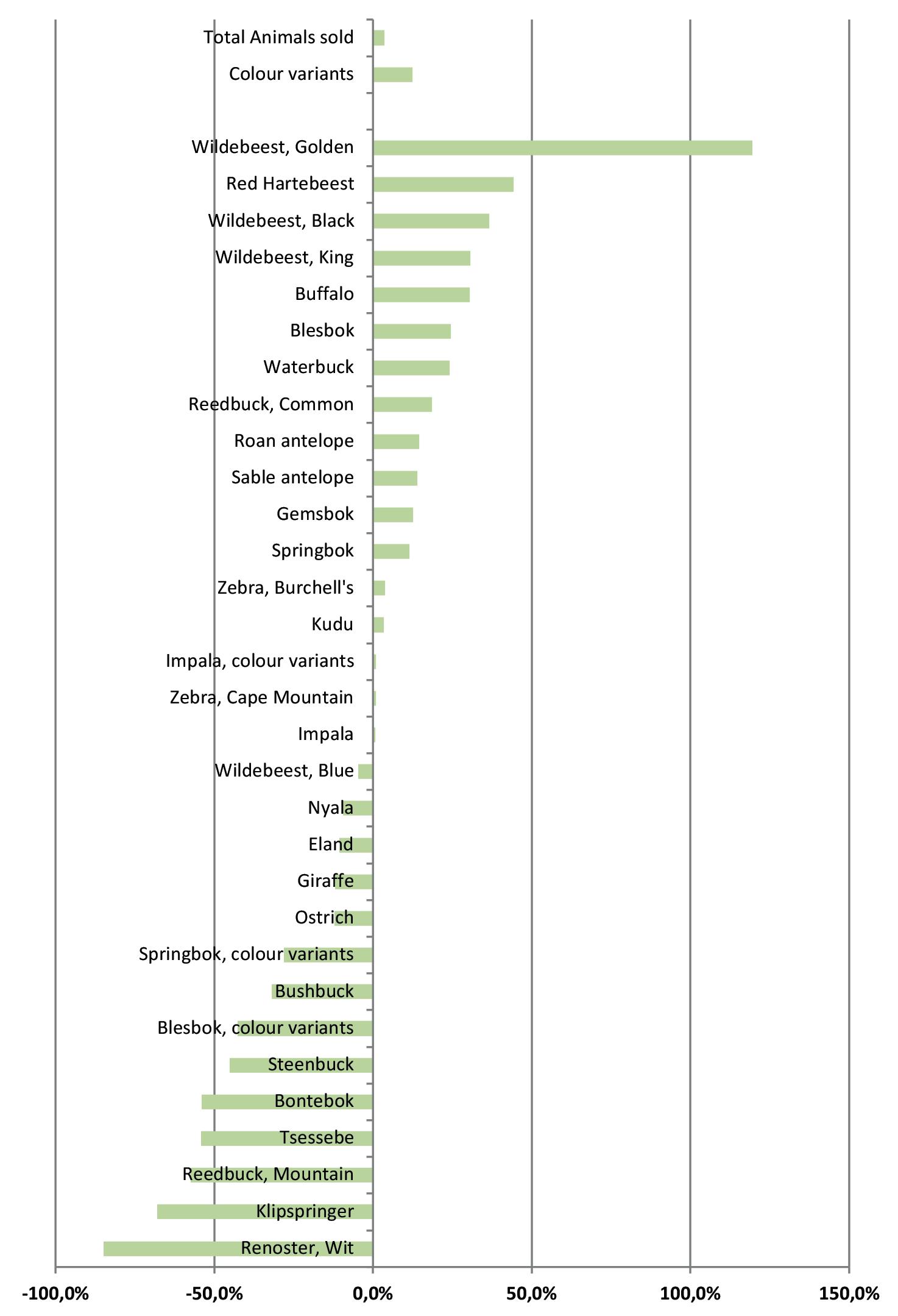
3 minute read
Using food gardens to HELP A TROUBLED COMMUNITY
by WCDOA pubs
by Heather D’Alton, heather@lovegreen.co.za
AAvian Park in Worcester has been hitting the headlines for all the wrong reasons. This suburb in the Cape Winelands region has become the centre point for a gang war – a war that has already claimed many lives and is blamed on poverty and social ills.
In the midst of the violence, a group of brave gardeners has emerged. These Avian Park inhabitants are not only trying to improve their own income and health, they are also serving the Avian Park community through their delicious, organic fresh produce.
According to Martha Jaftha, gardener at the Mossie Street garden, “We are not used to gangsterism. We are scared. But we keep going with the good things and we don’t let it bring us down.”
The launch of a garden club
Martha is one of the 14 original members of the Avian Park Garden Club, and one of hundreds of gardeners from the region who started a food garden with support from the Western Cape Department of Agriculture’s LandCare division.

“People don’t have money to buy vegetables. So they started planting vegetables in their backyards,” says Gert Carolus, Chair of the club. Gert, who worked for LandCare in the Cape Winelands before he retired, played a key role in setting up around 80 urban food gardens in Avian Park and the broader Worcester.
In fact, the food garden project led by the LandCare team was so successful that in 2015, occupational therapy students from the Stellenbosch University became involved. They helped to form the Avian Park Garden Club, a platform where community members can come together to share knowledge and gardening ideas.
Using herbs to treat ailments
Today the club has grown to 34 members. They meet once a quarter for discussions, or to attend LandCare-organised training events.
Martha says, “We have grown so much; we exchange ideas when we see one another. And now people come to me when they have pain, to get herbs (for ailments). You can see that people are healthier – there is a big difference, and it’s uplifting for me.”
Moreover, the selling of the vegetables and herbs secures an additional income for members. One member is now able to pay for her child to be transported safely to school daily.
Vegetables that are not sold or used for home consumption are given away to soup kitchens in Avian Park and surrounds. Twice a week these soup kitchens provide muchneeded fresh produce to more than 300 children. The Stellenbosch students provide skills to the soup kitchen staff to prepare healthy meals.
The award-winning Ukwanda garden
At the heart of the Avian Park Garden Club lies the Ukwanda vegetable garden (a Stellenbosch University-funded garden). The garden is overseen by 52-year old gardener Chris Arendse (also vice-chair of the Avian Park Garden Club). Next door is the Ukwanda soup kitchen, which provides food to around 150 children from Chris’s garden.
Chris, who grew up in the Northern Cape, has lived in Avian Park for the past 20 years. “The (gang) violence is on my side (of Avian Park),” he says. But Chris stays motivated by working in either the Ukwanda garden or his own 5 m by 6 m garden at home.
He recently won the Avian Park Garden Club prize for the best large garden – a competition supported by LandCare. “I was motivated when I saw Gert’s garden, so I put a lot of effort in. I started mulching and made my own compost. It was such an honour when I won.”
Encouraging living soil
For Rudolph Röscher, Cape Winelands LandCare Manager, it made sense to get involved in an urban food garden project.
“We get people to talk about soil health and healthy lifestyles. It creates an awareness in their communities.”
Living soils are especially important for the LandCare team. And the Garden Club is now focused on farming organically. Members make their own compost, with support from commercial farmers who provide manure. They use ingredients such as garlic and other herbs to get rid of garden pests.
Martha says, “We have moved away from fertilisers, and now use only compost. Last year I could see my soil wasn’t as it should be. This year I want all my earthworms back in my soil, so that the soil can come alive. One sees only good harvests when using this compost.”
Supporting children caught up in crime
Martha’s Mossie Street garden is also a site where young people who have committed crimes can complete their community service. The garden hosts six or more young people at a time, including school children who have been caught up in gangsterism. “The children know nothing about gardening, and we try to rehabilitate them using soil and plants, so that when their community service is completed, they can make their own gardens.”
The club joins a ground-breaking project LandCare is now connecting members of the garden club to an innovative new mobile application, developed and piloted by the Environmental Learning Research Centre at Rhodes University. This app is a platform from which to sell fresh produce, as it connects growers to food buyers, creating a new market for the club’s members. It is now being trialled in various parts of South Africa, including Worcester.
Mossie Street, Ukwanda and the food gardens in Avian Park highlight the joy and satisfaction that can emerge from a challenging environment. But Gert says members must work hard to see the results – which means getting up early and taking care of your garden. “We want people to join the club, so that they will be helped more. Now my wish is that this project will extend to other areas.”











